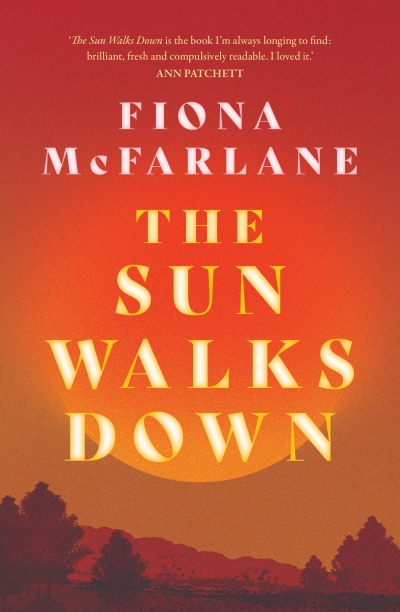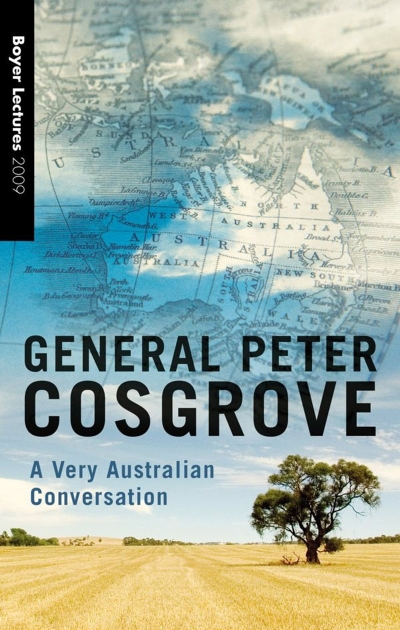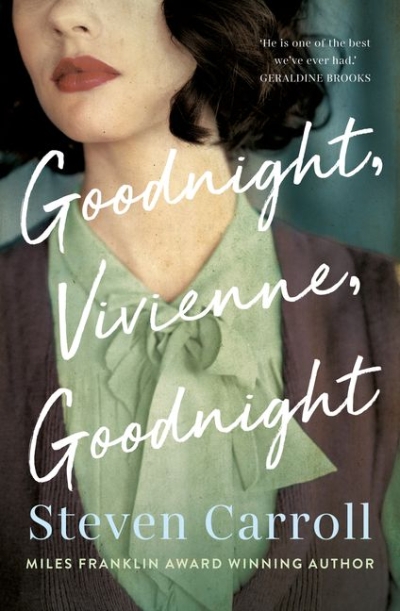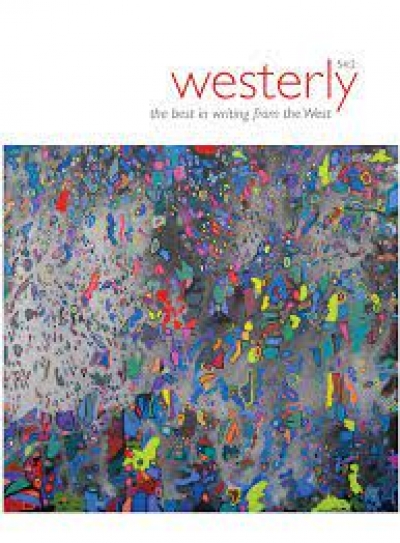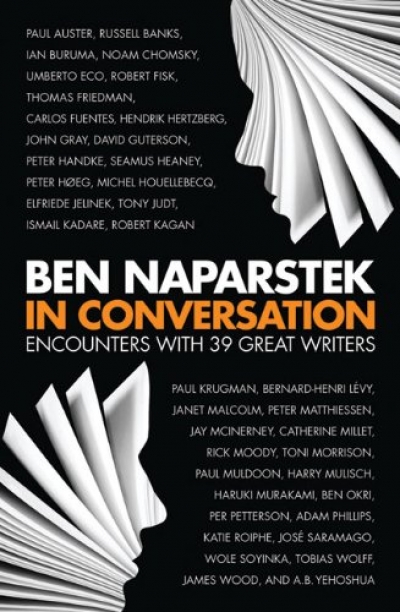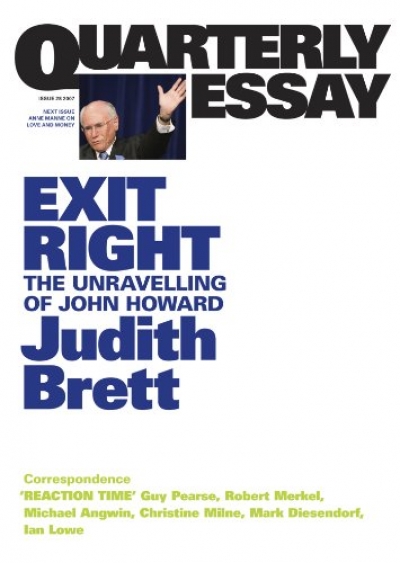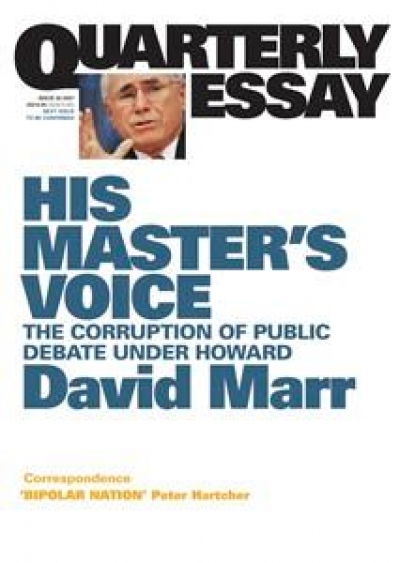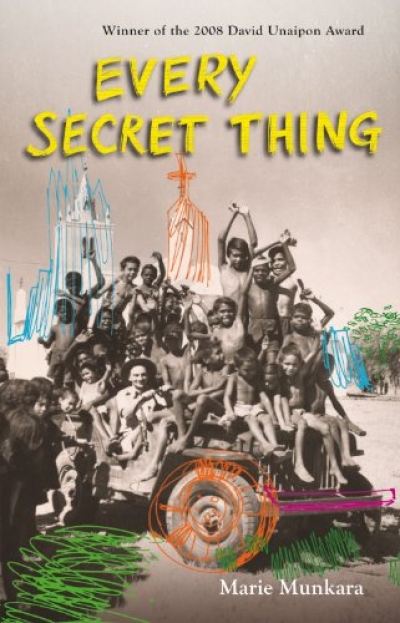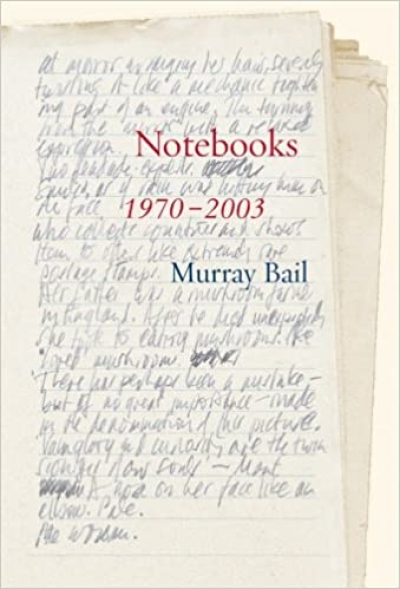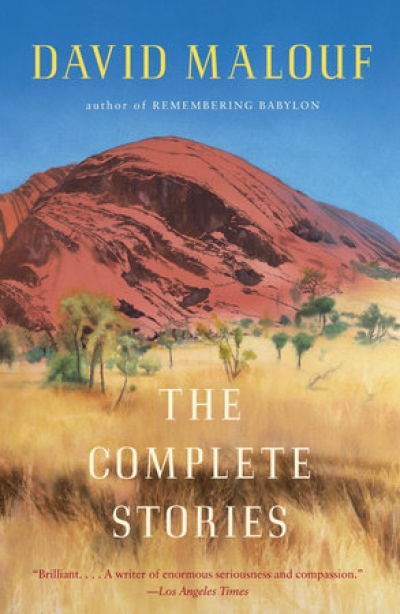Patrick Allington

Patrick Allington was the recipient of the inaugural ABR Patrons’ Fellowship, worth $5000. His novel, Figurehead (Black Inc. 2009), was longlisted for the Miles Franklin Literary Award. His short fiction and book criticism appears in Australian newspapers, magazines, and journals, including regularly in ABR.
Each year, the board of the Australian Broadcasting Commission invites a prominent Australian to present the Boyer Lectures. The chosen expert offers his or her (mostly his) ‘ideas on major social, scientific or cultural issues’ to a radio audience and, a little later, to readers.
Unsurprisingly, a review of the Boyers’ fif ... (read more)
Early in Steven Carroll’s novel Goodnight, Vivienne, Goodnight, a middle-aged woman contemplates her own existence: ‘Vivienne, Vivie. Viv. Now distant, now near. Who was she? The Vivienne now sitting in the gardens of Northumberland House, Finsbury Park, is contemplating the question.’ This Viv is Vivienne Haigh-Wood, the first wife of T.S. Eliot – or Carroll’s fictional rendition of her ... (read more)
After a decade as an annual, the enduring Western Australian journal, Westerly, will now publish a ‘traditional’ issue midyear and a ‘creative’ issue later in the year. This début ‘creative’ issue includes Indigenous writing and art (mostly the former). Guest editors Sally Morgan and Blaze Kwaymullina have produced a collection that is entertaining, informative and diverse.
... (read more)
‘My problem is that because of my anxiety disorder, publicity is close to torture,’ Austrian novelist Elfriede Jelinek tells Ben Naparstek, explaining why she informed a newspaper in 2004 that she hoped she wouldn’t be awarded the Nobel Prize in Literature (she was). With or without anxiety disorders, writers face a conundrum. They communicate through the written word, but increasingly they ... (read more)
Since the November federal election, kicking John Howard while he’s down has become something of a national pastime. While Howard’s take no-prisoners-except-on-Nauru behaviour has now exposed him to gleeful mass taunting, the idea that the end of his resilient political career has instantly created a noble Australia, its citizens and institutions cleansed and renew ed, is wishful thinking. In ... (read more)
The continued success and quality of the Quarterly Essay series has done much to promote the long essay as a legitimate forum for detailed, informed and accessible political discussion. That this has occurred during the Howard era suggests that all is not lost in the quest for genuine public debate. In the latest Quarterly Essay, David Marr acknowledges that, ‘[s]uppression is not systematic. Th ... (read more)
From its opening line – ‘It had been a shit of a day for Sister Annunciata and Sister Clavie’ – Marie Munkara’s collection of stories about life on an island mission in northern Australia is a raw, hilarious and penetrating chronicle. The two nuns stare at the sky waiting for the bishop. His plane overshoots the airstrip and lands with a ‘resounding crump’. It is as if the bishop – ... (read more)
These writer’s scribblings, handsomely reproduced, cover two distinct periods in Murray Bail’s life: London from 1970 to 1974; and Sydney from 1988 to 2003. The notebooks from the London period, which represent roughly two-thirds of this book, were previously published as Longhand: A Writer’s Notebook (1989). While readers may find some interest in comparing the formative and the mature writ ... (read more)
David Malouf’s The Complete Stories brings together the three and a bit books, spanning twenty-five years, that constitute his forays into shorter fiction: Antipodes (1985), Dream Stuff (2000), and Every Move You Make (2006), along with two stories that accompanied his novella Child’s Play (1982). Given that this is a collection rather than a selection – no stories are cut from the earlier b ... (read more)

